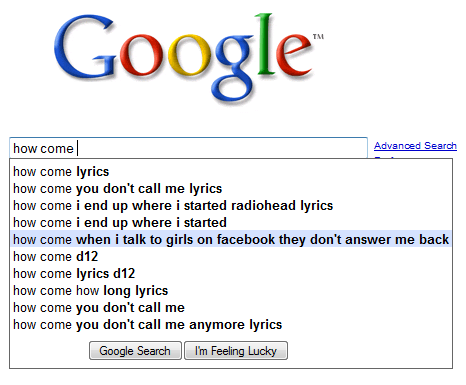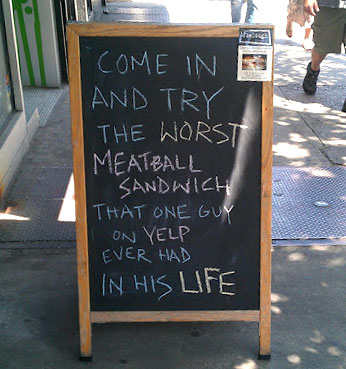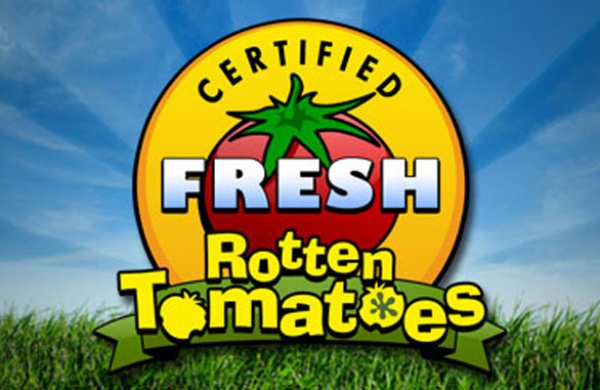BLOG/Digital Marketing
How Facebook Went Rogue and Crushed the Internet
 Rogue has the best superpower out of all of the X-Men – she is able to absorb the powers of anyone she touches. This ability makes her almost unstoppable. She could steal Spiderman’s climbing ability, Wolverine’s ability to heal, Superman’s ability to fly, or Green Lantern’s ability to have Van Wilder play him in a movie. Facebook is a want-to-be version of Rogue. Not satisfied with being just a social network, Facebook has decided that they will steal everyone else’s superpower. Facebook announced on January 15th that they are creating a graph search in partnership with Bing. This means they are taking the powers from social networks and the power from search and becoming a supernetwork. By utilizing social with search, Facebook will be stealing the powers from a variety of other sites and networks to weasel them together for use in Facebook. In this article we will look at the three networks that Facebook is looking to crush with their new graph search feature.
Rogue has the best superpower out of all of the X-Men – she is able to absorb the powers of anyone she touches. This ability makes her almost unstoppable. She could steal Spiderman’s climbing ability, Wolverine’s ability to heal, Superman’s ability to fly, or Green Lantern’s ability to have Van Wilder play him in a movie. Facebook is a want-to-be version of Rogue. Not satisfied with being just a social network, Facebook has decided that they will steal everyone else’s superpower. Facebook announced on January 15th that they are creating a graph search in partnership with Bing. This means they are taking the powers from social networks and the power from search and becoming a supernetwork. By utilizing social with search, Facebook will be stealing the powers from a variety of other sites and networks to weasel them together for use in Facebook. In this article we will look at the three networks that Facebook is looking to crush with their new graph search feature.
1. Google
 Facebook and Google have a Paula Abdul/MC Skat-Kat type relationship where the opposites are attracting. Google wants to be a social network and is trying so hard with Google+, while Facebook wants to be THE search engine. These two companies have had bad blood for quite some time and Facebook’s alliance with Bill Gates and Bing is a direct slap in the face for Google. Facebook would like nothing more than to crush Google’s search stranglehold, but the question is: How will social search fare vs. the king of all search? To answer this question let’s look at the tale of the tape. According to Marketshare Google owns 83.85% of the share of world searches and wrestling that away will be a task even Facebook cannot fully take away. However, I think that Facebook can chip away and create a division in search intent – people will come to Google for questions that have a correct or not correct answers like “What is the capital of Massachusetts?” (Boston) or “What year was Shawn Kemp drafted?” (1989). However, facebook will be better able to answer more opinion based questions like “What is a great pizza place in San Diego?” (Luigi’s) or “Is Ted worth seeing?” (yes). What is important is going to be the user behavior – currently, I would never search on Facebook. I think they have the worst search interface since Lycos. However, as I and others begin to understand and use Facebook’s search capabilities it is likely that we will turn to it more for search.
Facebook and Google have a Paula Abdul/MC Skat-Kat type relationship where the opposites are attracting. Google wants to be a social network and is trying so hard with Google+, while Facebook wants to be THE search engine. These two companies have had bad blood for quite some time and Facebook’s alliance with Bill Gates and Bing is a direct slap in the face for Google. Facebook would like nothing more than to crush Google’s search stranglehold, but the question is: How will social search fare vs. the king of all search? To answer this question let’s look at the tale of the tape. According to Marketshare Google owns 83.85% of the share of world searches and wrestling that away will be a task even Facebook cannot fully take away. However, I think that Facebook can chip away and create a division in search intent – people will come to Google for questions that have a correct or not correct answers like “What is the capital of Massachusetts?” (Boston) or “What year was Shawn Kemp drafted?” (1989). However, facebook will be better able to answer more opinion based questions like “What is a great pizza place in San Diego?” (Luigi’s) or “Is Ted worth seeing?” (yes). What is important is going to be the user behavior – currently, I would never search on Facebook. I think they have the worst search interface since Lycos. However, as I and others begin to understand and use Facebook’s search capabilities it is likely that we will turn to it more for search.
2. Yelp
 Yelp stands to lose a lot of money and visitors with Facebook’s Graph Search. According to NBC Yelp receives 50 million monthly visitors who turn to the site looking for advice on restaurants. However, as more people begin to use Facebook Graph Search for their searches Yelp will lose big. Users are already on Facebook and they are not going to want to leave the network to find a restaurant review. Additionally, user behavior changes for the people eating at the restaurants. As users understand how their posts influence search they leave more detailed and useful reviews of restaurants for their friends to receive.
Yelp stands to lose a lot of money and visitors with Facebook’s Graph Search. According to NBC Yelp receives 50 million monthly visitors who turn to the site looking for advice on restaurants. However, as more people begin to use Facebook Graph Search for their searches Yelp will lose big. Users are already on Facebook and they are not going to want to leave the network to find a restaurant review. Additionally, user behavior changes for the people eating at the restaurants. As users understand how their posts influence search they leave more detailed and useful reviews of restaurants for their friends to receive.
3. Rotten Tomatoes
 This fight with Facebook makes me sad because I think Rotten Tomatoes has great reviews. However, when it comes to a stranger’s review (Rotten Tomatoes) versus my friends’ (on Facebook), I am certainly going with my friends – on the premise that my friends have the same taste in movies as I do. Additionally, there will be reviews of theaters and everything in them from concession stands to bathrooms. For Facebook, stealing the power from Rotten Tomatoes could potentially be a great source for revenue as Facebook can integrate ads for the movies within the searches. I see Rotten Tomatoes taking a hit it won’t recover from.
Adam Lundquist has been wanting to work in an MC Skat-Kat reference for quite some time.
Connect with Adam on Google+.
This fight with Facebook makes me sad because I think Rotten Tomatoes has great reviews. However, when it comes to a stranger’s review (Rotten Tomatoes) versus my friends’ (on Facebook), I am certainly going with my friends – on the premise that my friends have the same taste in movies as I do. Additionally, there will be reviews of theaters and everything in them from concession stands to bathrooms. For Facebook, stealing the power from Rotten Tomatoes could potentially be a great source for revenue as Facebook can integrate ads for the movies within the searches. I see Rotten Tomatoes taking a hit it won’t recover from.
Adam Lundquist has been wanting to work in an MC Skat-Kat reference for quite some time.
Connect with Adam on Google+. More from the
DO Blog

Designing & Building Product Finder Quizzes for eCommer...
Strategy & Planning / December 23, 2020
View Blog Post
3 Customer Motivation Strategies to Improve Your eCommerce i...
Strategy & Planning / July 27, 2020
View Blog Post
